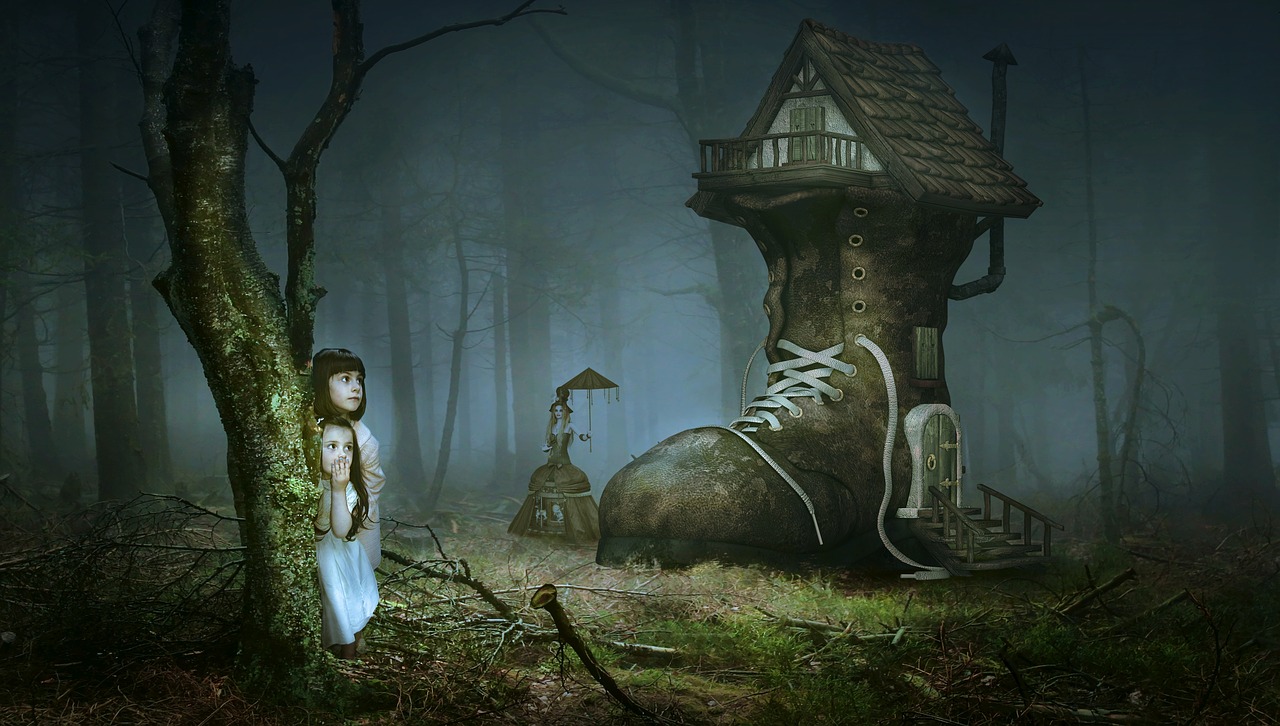Note: the following article on time in the Victorian era is a modified excerpt (pp. 29-35) from my doctoral dissertation, “Time is Everything with Him”: The Concept of the Eternal Now in Nineteenth-Century Gothic, which can be downloaded (for free) from the repository of the Tampere University Press. For a list of my other academic publications, see here.
Theorizing Time in the Victorian Era: Changing the Scientific Paradigm
Theorizing Time in the Victorian era changed due to a series of scientific breakthroughs. Charles Lyell’s Principles of Geology, written in the early 1830s, as well as Charles Darwin’s 1859 On the Origin of Species, forced a reevaluation of history, suggesting the past had to be reconsidered.
In addition, the mid-century discovery of the second law of thermodynamics added further anxiety in relation to history and the future.
It was interpreted to imply the extinction of human life due to the exhaustion of usable energy – the so-called heat death of the universe. Suddenly, the existing definition, meaning, and destination of human existence seemed to be lacking. A dark, unfathomable past lay on the one side, while a rather ominous and equally uncertain future lay on the other.
(more…)


